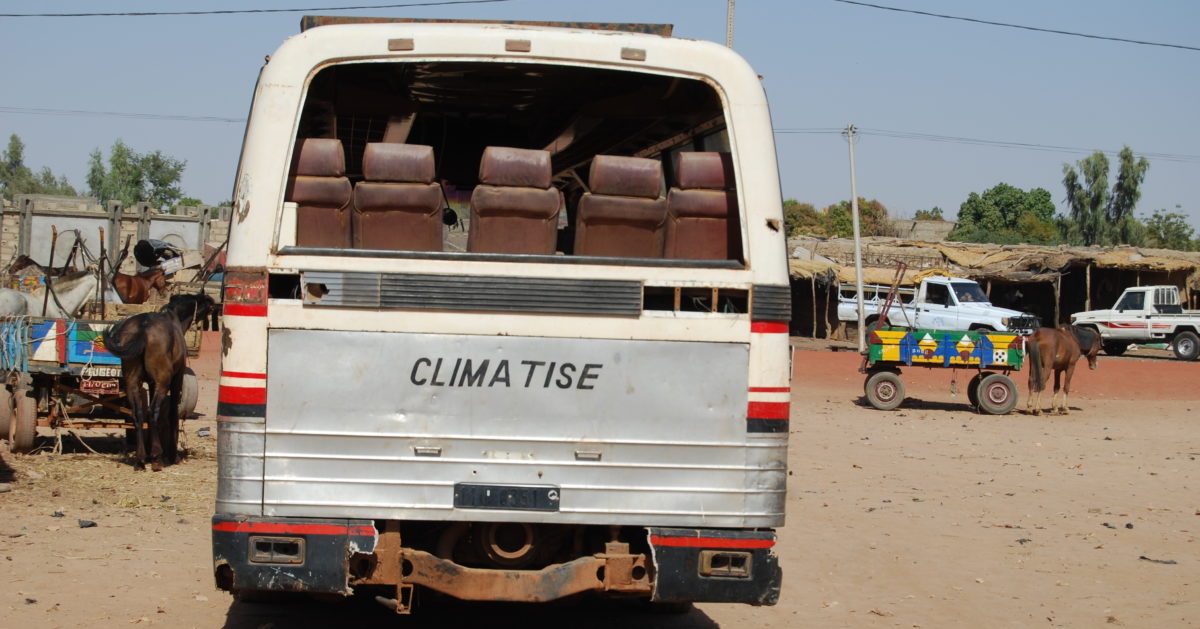Following a story on BBC News that fellow blogger Sokari of BlackLooks had already picked up earlier in June (as well as Alison), our reader Zeno dropped in an e-mail, asking if we knew more about keyhole gardens.
Keyhole gardens?
Actually, I had heard about those Folkewall installations in Gabarone, Botswana the other day that are used for greywater recycling, but keyhole gardens were indeed quite new to me. Guess this also shows how many smart solutions still exist out there that will need to be rediscovered and put in use.

Keyhole gardens are a technique used to grow vegetables in a dry climate. They are actually a special form of raised bed gardens: circular waist high raised beds with a path to the center. Walled in by stones, there’s a basket made from sticks and straw in the center that holds manure and other organic kitchen waste for compost.
Since they look like a keyhole from above, they are often called keyhole gardens and also promoted under this name in Lesotho, where the charity organisation “Send a Cow” has been promoting the creation of these special gardens for some time now.
So what makes these gardens so special?
- the surrounding stones retain the rich soils and keep it safe from erosion
- the round shape retains moisture
- compact size, even small plots can be used for gardening
- raised beds enable the sick and elderly to help with the gardening work
- center in the middle is used for composting and reuse of greywater (= reuse of nutrients)
“Send a Cow” also created a very informative website on their activies and published some valuable How-to-manuals for us to adopt this smart approach. Please also check out this funny animation on YouTube which puts it in plain enligsh comic style 🙂
Now I am only curious to know if we could also mix the greywater with some collected urine and use that as additional fertilizer. In any case, keyhole gardens are a very appropriate “technology” which certainly isn’t limited to countries with a dry climate.

